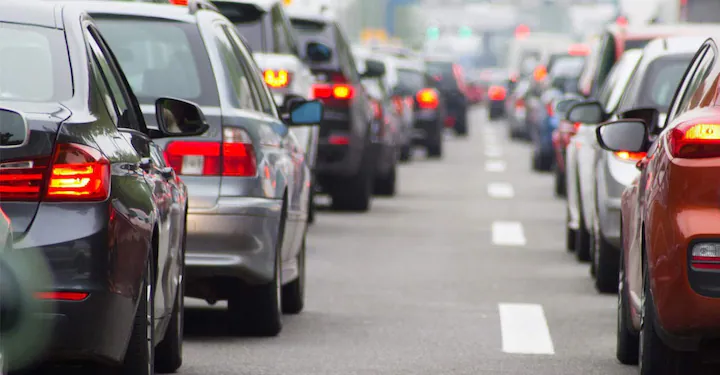Kuwait is preparing to implement significant updates to its traffic laws, introducing stricter penalties and new vehicle ownership restrictions for expatriates to address reckless driving and decrease fatal accidents.
The proposed law, announced by Major General Yusuf Al Khadda, Assistant Undersecretary for Traffic and Operation Affairs, is undergoing review and awaits final approval from the Emir, Sheikh Meshal Al Ahmad Al Jaber Al Sabah.
If enacted, the legislation will dramatically increase traffic fines. For example, using a cellphone while driving will carry a fine rising from KD 5 ($16.3) to KD 75 ($244.7), while reckless driving fines will increase from KD 30 ($97.9) to KD 150 ($489.5).
Speeding fines are set to rise to between KD 70 and KD 150, compared to the current range of KD 20 to KD 50. The fine for racing on public roads will also reach KD 150. Parking violations in spaces reserved for people with disabilities will see fines go up from KD 10 to KD 150.
Al Khadda highlighted that these changes are designed to deter violations, noting that Kuwait’s existing traffic laws, which have been in place since 1979, are outdated and no longer adequate for managing traffic incidents. Currently, Kuwait averages 300 accidents daily.
One significant change in the proposed law restricts expatriates to owning only one vehicle, with specific details to be clarified by the Ministry of Interior. This move aims to alleviate traffic congestion and enhance road safety in Kuwait, where 2.5 million vehicles are registered.
The law also introduces tougher penalties for driving under the influence of drugs or alcohol, with fines reaching up to KD 3,000 and potential imprisonment of up to two years. If an impaired driver causes injury or death, fines could increase to KD 5,000, with prison terms of up to five years.
Additionally, authorities would gain the power to impound vehicles involved in major offenses, such as reckless driving, speeding, or illegal racing, either through court orders or direct action by the Ministry of Interior. Alternative penalties, such as community service and mandatory rehabilitation programs, may also be imposed.
Once approved, the law will be published in the official gazette, followed by a three-month period for the Ministry of Interior to implement the necessary measures and conduct public awareness campaigns before the new regulations are enforced.





